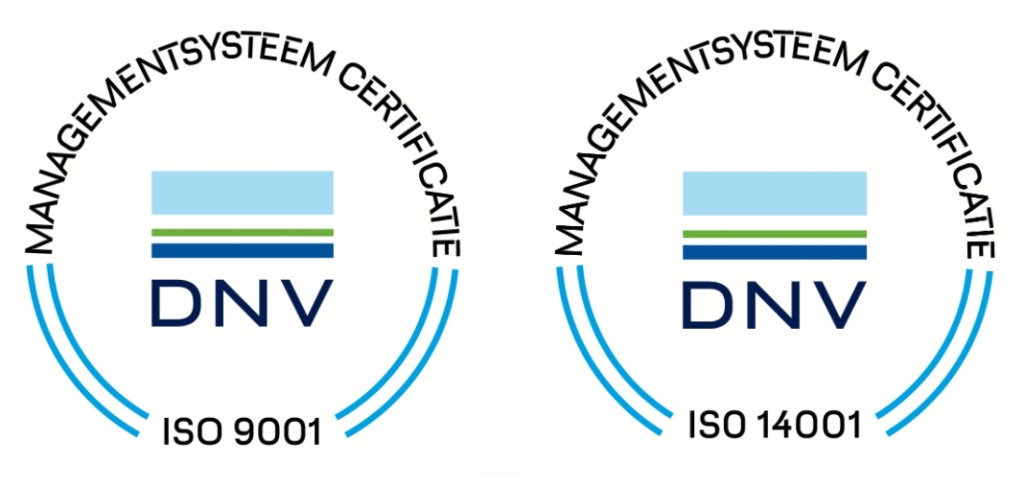At Bakker Magnetics, we witness daily the crucial role rare earth magnets play in advanced applications such as drive systems, sensors, and military technologies. At the same time, we experience the risks of global dependence on a single dominant supplier: China. As a leading developer and manufacturer of magnetic solutions, we aim to provide insight into the structural bottlenecks in import processes, the strategic consequences, and the urgent need for industrial innovation.
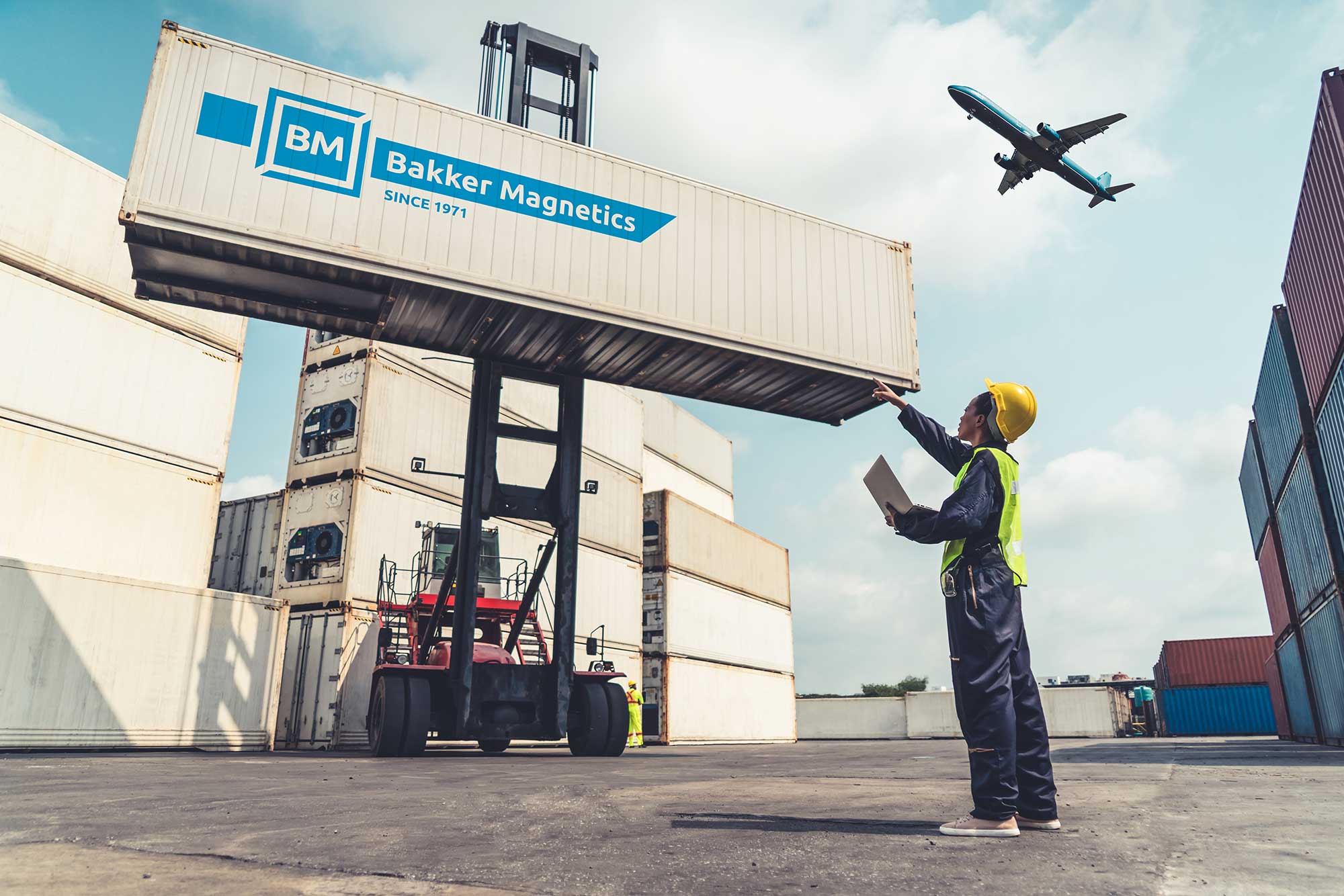
Political and economic dependence
More than 85% of all rare earth metals, such as neodymium and samarium, are mined and processed in China. These raw materials are essential for the production of powerful permanent magnets, which we at Bakker Magnetics use in assemblies for defense, high-tech machinery, and mobility applications. However, China’s dominance creates geopolitical vulnerability. If China decides to impose export restrictions, as it did in 2010 during a conflict with Japan, this immediately impacts prices, availability, and the continuity of production lines.
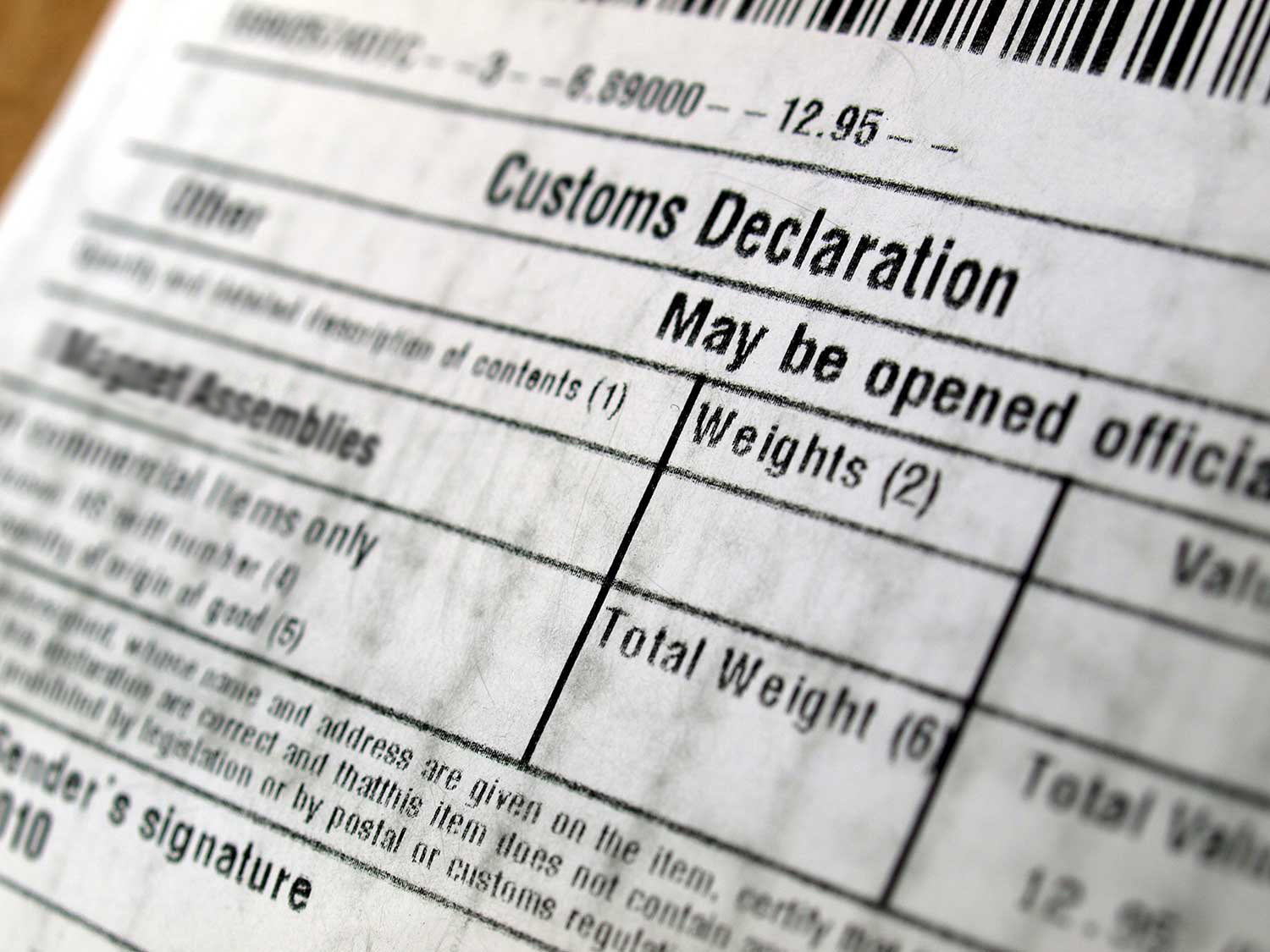
Consequences for defense and technology
For all our customers relying on highly reliable and powerful magnets, delays in the delivery of Chinese materials can cause entire systems and assembly lines to grind to a halt. In high-tech sectors such as process automation, sustainable energy technology, and e-mobility, supply disruptions result in production downtime, unreliable delivery times, and escalating costs.
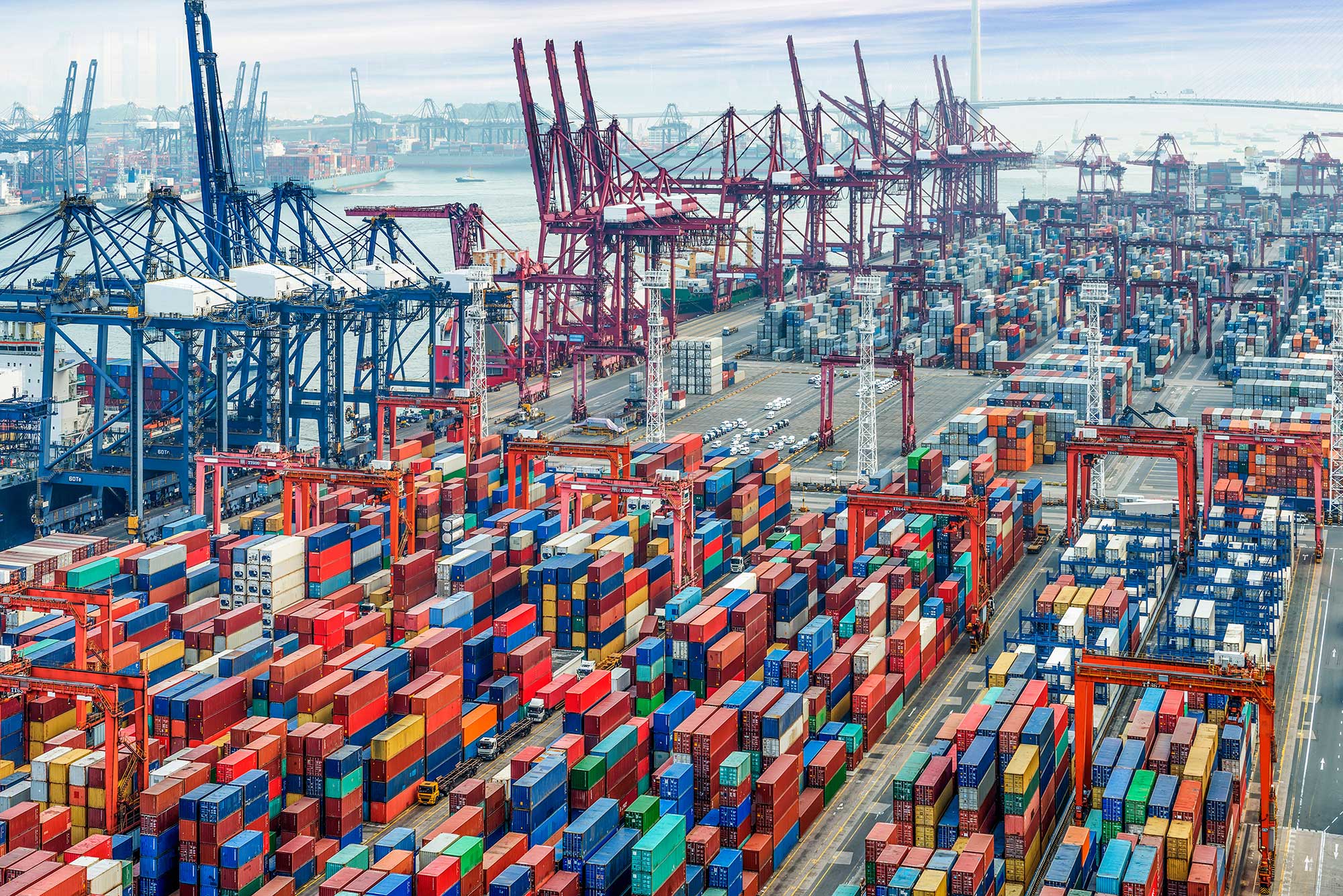
Impact of Chinese delivery conditions on magnet assemblies
Chinese suppliers often have rigid, non-transparent delivery conditions that are subject to political change. As a result, magnet material shipments are frequently delayed due to additional documentation requirements, export permits, or shifting customs regulations. For Bakker Magnetics, this means we are sometimes unable to integrate crucial components into our assemblies on time. Consequently, complete systems are delivered late to OEM customers or defense partners. This leads to a chain reaction across production processes, service contracts, and system integrations.
We are therefore actively investing in risk management and supply chain diversification, and we advise our customers early on in designing flexible assemblies and alternative material strategies.
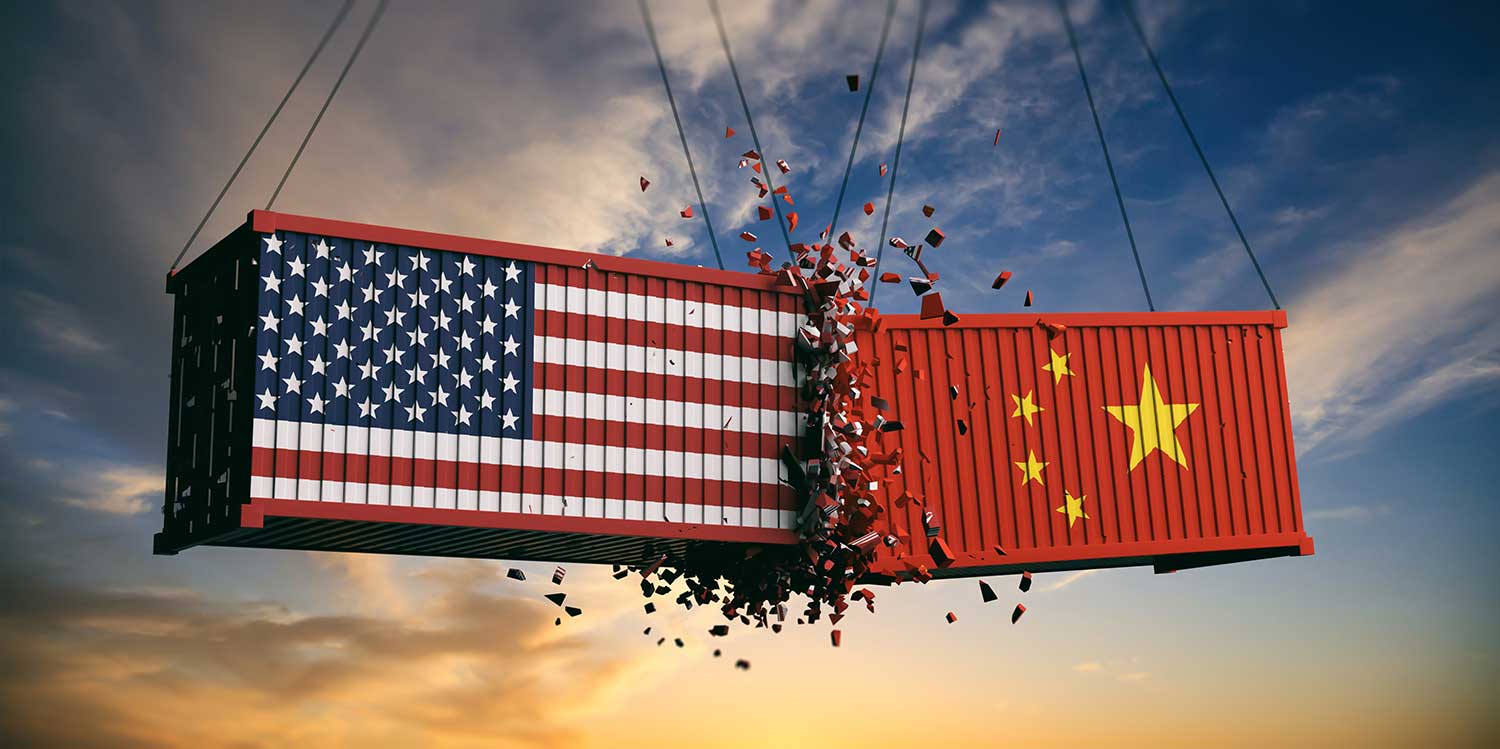
Consequences of the trade war between China and the United States
The trade war between China and the U.S. has further intensified tensions surrounding critical raw materials like rare earth metals. Increased import tariffs, sanctions, and technological export restrictions have disrupted global supply chains. American companies have been forced to seek alternative suppliers, and global demand for non-Chinese sources has surged, resulting in price spikes and material shortages. European companies, including Bakker Magnetics, are also experiencing the indirect effects of these geopolitical frictions, as shifts in demand and disruptions in container transport impact our supply as well.
As a strategic partner for OEMs, we anticipate these developments by working with suppliers outside the Chinese ecosystem and structurally incorporating alternatives such as recycling and redesign into our R&D strategy.

Market disruption and price volatility
China’s market power leads to price volatility that is nearly impossible to predict. Neodymium prices can double within a few months, directly affecting project budgets. For Bakker Magnetics, this means we put extra effort into price agreements, strategic stockpiling, and customer communication to ensure delivery reliability and mitigate price shocks.
Strategic responses worldwide
Bakker Magnetics closely monitors global developments around alternative production and refining. Several collaborative projects within Europe focus on:
- Material innovation and rare earth metal substitution
- Urban mining and recycling of magnets from discarded equipment
- Supplier diversification within European and North American networks
We track the rise of companies such as Lynas (Australia) and MP Materials (USA), which are developing refining capacity outside China, and support the goals of the EU Critical Raw Materials Act to build raw material strategies within Europe.

The import challenges of rare earth magnets from China are not a temporary issue, but a structural challenge.
At Bakker Magnetics, we call on industrial engineers, policymakers, and OEMs to collaborate on robust and future-proof solutions. That begins with smart design, sustainable material choices, and building supply chains that are less vulnerable to geopolitical shocks.






